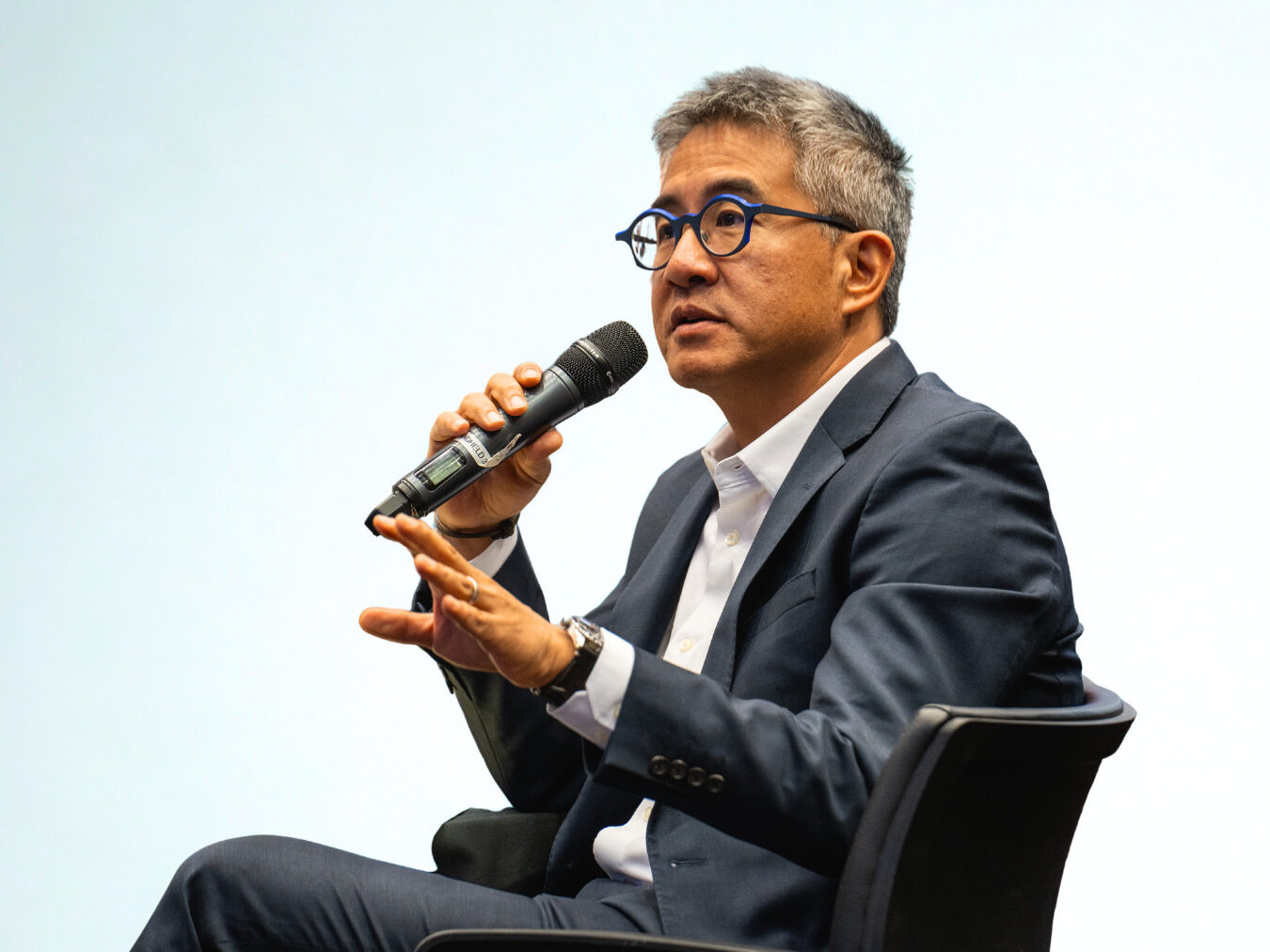Commentaries
Achieving the SDGs: Practice-Informed Theory
Theorizing development to benefit those in the periphery — the rest of the “everyone” who are systematically marginalized — requires that we rethink development theory, and specifically from the perspective and lived realities of those living in the periphery.

Achieving the SDGs: Practice-Informed Theory
Author: Professor Joseph Wong, University of Toronto
The Sustainable Development Goals (SDGs) comprise an audacious set of targets and goals addressing every conceivable aspect of development: from human health to gender equity to mitigating climate change and setting the world on a more ecological sustainable path. As a set of targets, goals, and benchmarks, the SDG agenda is ambitious. Unlike the Millennium Development Goals, which focused on mitigating the effects of underdevelopment and improving developmental outcomes more generally, the SDGs focus on ensuring development reaches everyone, not just the base of the so-called pyramid but everyone in the pyramid. SDG 1 could not be clearer in its choice of language and intended meaning: eradicating poverty in all its forms, everywhere.
Unfortunately, the act of “setting targets” is not tantamount to developing or testing theories on “achieving targets.” Our existing theoretical toolkit is no longer fit for purpose to meet the challenges posed by the SDG agenda. Chief among these challenges is the core principle of the SDG agenda — ensuring that no one is left behind. The implications of this principled commitment (leaving no one behind) are profound.
Development for some, or even for most, is not the same as development for everyone.
A commitment to “leaving no one behind” challenges extant developmental theories predicated on improving conditions in the aggregate or “on average” (e.g., aggregate economic growth), rather than improving conditions for everyone, everywhere, and specifically for those who have been excluded.
The SDG agenda and its commitment to reaching “everyone, everywhere” focuses our tasks to development more generally (e.g., growth) as well as, and arguably more importantly, the distributive consequences of development (e.g., growth for whom). Increasingly, targeting is not anathema to universalism.
Ensuring everyone is included means that targeted interventions or targeted delivery can complement our universalist aims.
The epistemological challenge we confront is that theorizing development, until now, has been primarily rooted in the experiences of development in and from the core. This is not to say that development research has not engaged the periphery. However, conventional wisdom remains that innovative developmental interventions are scaled up and scaled out from the core to the periphery. And yet, we know from behaviouralist scholarship that scaled-up and scaled-out solutions often do not work in the periphery, for a host of reasons, some of them structural in nature (i.e., resource constraints) and some that are behavioural or socio-psychological in nature, which belie rationalist or neoliberal solutions (i.e., poor economics).
Theorizing development to benefit those in the periphery — the rest of the “everyone” who are systematically marginalized — requires that we rethink development theory, and specifically from the perspective and lived realities of those living in the periphery. We need to theorize from the outside in, rather than scale up solutions from the inside out. We need to examine, analyze, document, and theorize practices and solutions that work in the periphery, and in turn distill from them generalizable insights to inform development theory both from and for those living in the margins.
Theorizing development from the periphery to the core represents a radical departure from conventional approaches to developmental theories in several ways. First, such an approach flips theorizing on its head, demanding that theories reflect empirical realities on the margins, from the outside in rather than from the core to the periphery. Second, this flipped approach means that successful interventions in the margins should not be treated as accidental outliers or exceptions to prevailing theories. The “third world exception” is hardly an exception when those who continue to be systematically left behind number in the hundreds of millions.
And third, research needs to be centred on the margins in order to aggregate more cases and more empirical examples from which to distill generalizable (and thus theoretical) insights. In other words, we need to engage in more “practice-informed” theorizing in and of the periphery.
Empowering researchers and research in developing world contexts and leveraging local (and/or Indigenous) knowledge and research capacity are critical to a more inclusive approach to theorizing development.
“Theorizing development to benefit those in the periphery — the rest of the “everyone” who are systematically marginalized — requires that we rethink development theory, and specifically from the perspective and lived realities of those living in the periphery.” – Professor Joseph Wong, University of Toronto; Founder, Reach Alliance
About the Faculty Mentor Paper Series
This paper is part of the Reach Alliance faculty reflection series, Reimagining the Future of Sustainable Development, in response to Mariana Prado’s Sustainable Development Goals:The End of Theory? Featuring contributions from leading scholars across the Reach Alliance global academic consortium, the series opens a timely dialogue on the evolving role of universities in shaping the future of sustainable development theory and practice. Developed as part of Reach’s commitment to advancing research-to-impact and fostering interdisciplinary collaboration, these reflections aim to engage higher education professionals in shaping the future of the Sustainable Development Goals.
